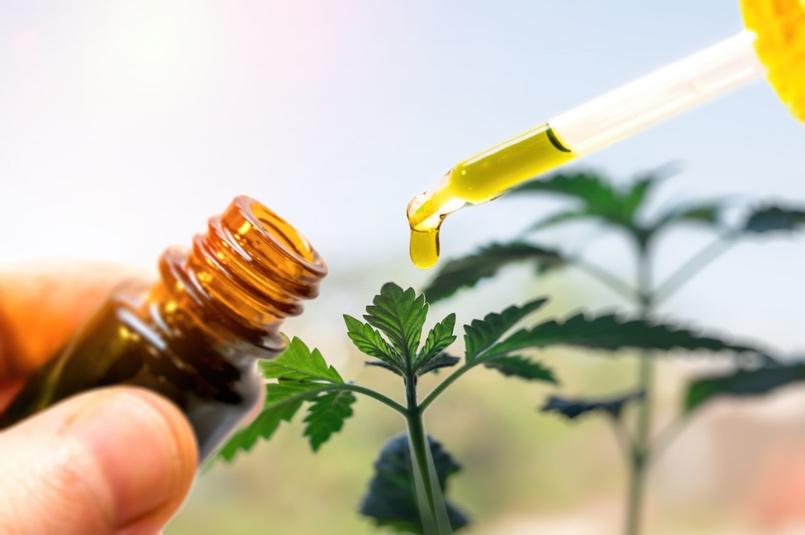What is a Preventative Control Plan for Cannabis Cultivation?
The latest term trending in the cannabis industry is the Preventative Control Plan (PCP). This term refers to the fact that all licensed processors of edibles and extracts must abide by the requirements of PCP, especially since the cannabis legalization 2.0 that came into play on October 17th, which now includes the legalization of cannabis products such as edibles, extracts, and topicals.
 Processors will need to acquaint themselves with these new regulations and be willing to comply with them. That’s where PCP comes into play – it will keep you in compliance with the Cannabis Act, as well as determine the success of your operation.
Processors will need to acquaint themselves with these new regulations and be willing to comply with them. That’s where PCP comes into play – it will keep you in compliance with the Cannabis Act, as well as determine the success of your operation.
Table of Contents
What are Preventative Control Plans?
The Canadian Food Inspection Agency (CFIA) refers to a PCP as a “written certificate that establishes how to mitigate the risks and hazards to food.”
A PCP also requires thorough analyses, plans and records that you must have readily available. With the new regulations, you are required to have a fully implemented PCP in writing for any creation of edibles or extracts.
Is a PCP Necessary?
A PCP is essential for a couple of reasons, the first being that it’s a non-negotiable requirement. It’s also imperative to implement a PCP for risk avoidance, such as product recalls. These recalls are potentially dangerous to consumers, but could negatively affect your bottom line, threaten your profitability, and you could even lose your license.
Obtaining a PCP
A PCP is not a simple process – it includes a detailed assessment of your production, and if you’re wondering how long this process takes, it generally takes about two months, varying by how complex your products are. The PCP process isn’t something you can skip or neglect – it takes hard work, time, and knowledge.
This process can be daunting if you’ve never done it before, and that’s why you should consider yourself with the following factors:
Complete All Your Documentation
You need to provide as much information as possible. Include details in your reports like the types of products you intend to produce and the type of equipment you’ll be using. You’ll also need to identify the product composition and ingredients and provide flow diagrams and plant schematics.
Since there is so much you need to document and keep track of, you don’t want to lose valuable information. Luckily, there is seed-to-sale software for growing cannabis out there that allows you to track each aspect of production.
Undergo an Evaluation
Undergoing a comprehensive evaluation is absolutely necessary. This evaluation highlights any potential hazards, like illness, from product consumption. Assessing each ingredient is one of the most necessary steps – the potential biological, chemical, and physical hazards need to be identified. Lastly, use control measures to describe the responsibilities of each aspect of the process.
If you’re a cultivator, then you know that it is essential to comply with the Cannabis Act. A Preventative Control Plan is mandatory for any operation, and every cultivator must become familiar with this process. Failure to do so could negatively impact your operation, which is why it is necessary to put a PCP into place.









